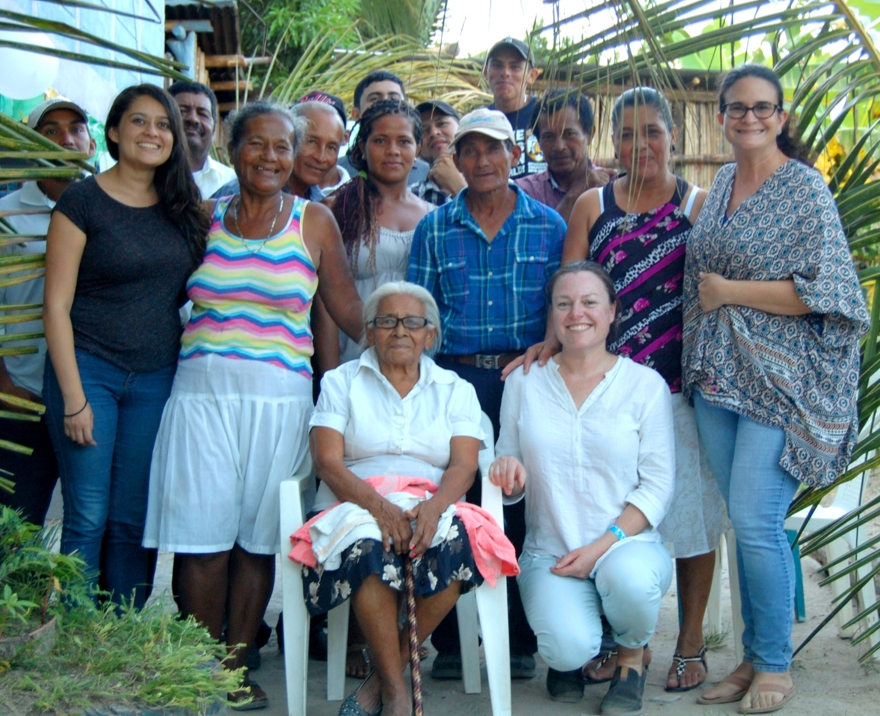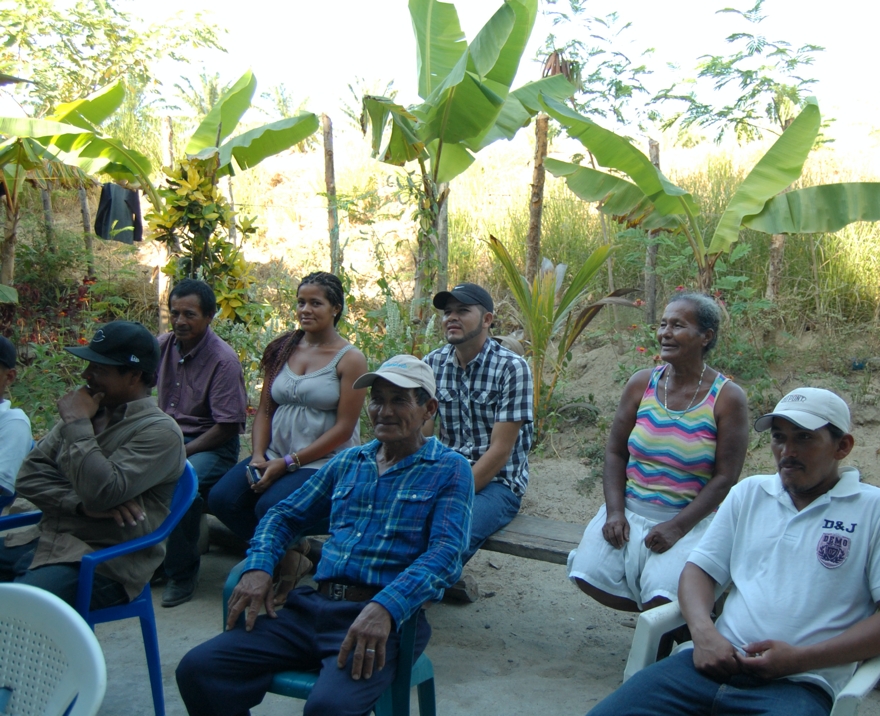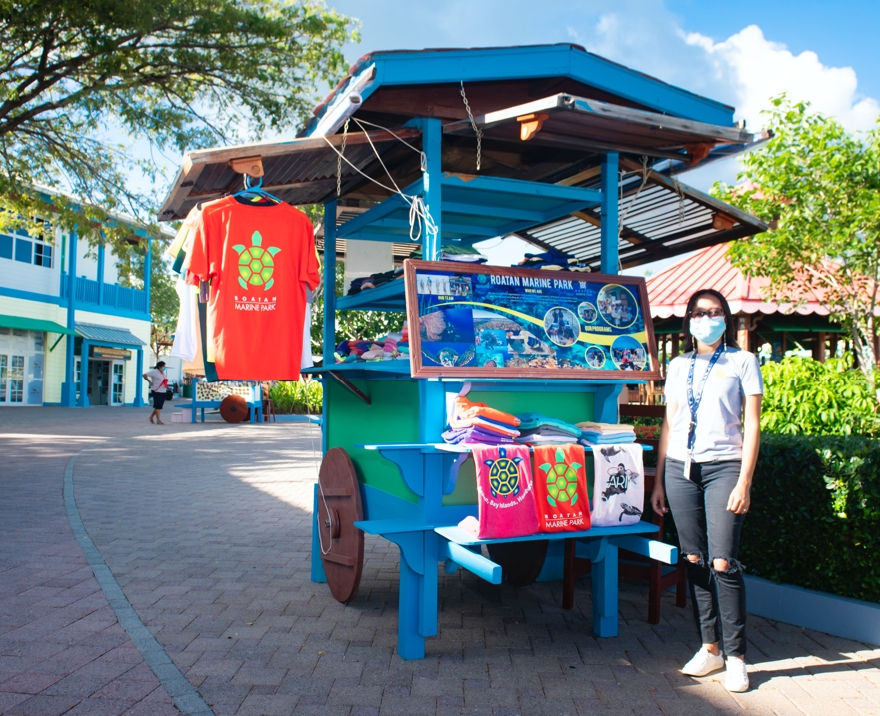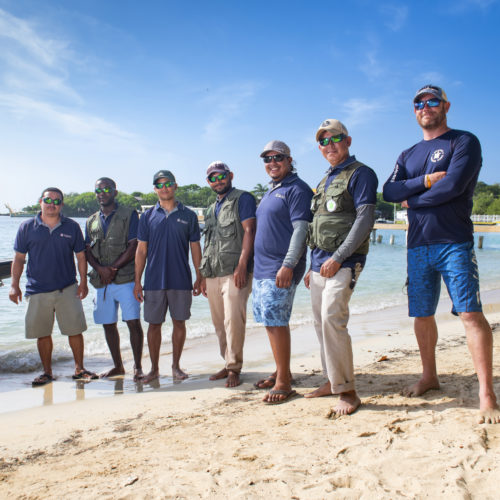We partner with local communities to educate, organize, increase resilience, and nurture long-term, high-impact conservation programs.
Humans depend on coral reefs. We believe that community activation, supported by strong science and strong alliances, is essential to saving and supporting reefs.
If we really want to make a difference with science, we have to involve the people who are most affected.
Dr. Antonella Rivera, CORAL Principal Investigator in Honduras
Reconnecting with the ‘Aina to Save Coral Reefs in Hawai‘i
Noor, a Restoration Biologist, and Poema, a Hawaiian Cultural and Plant Specialist, are committed to protecting the land in Hawai‘i. They discuss the significance of cultural land management and how people on the island can come together to make a difference.



Our vibrancy and diversity mirror reefs themselves.
People and communities are always at the forefront of our work to save coral reefs. Our research shows strong interpersonal relationships and diverse, collaborative working groups are key to the successful management of coral reef health.
Our social equity lens fosters an environment in which scientists can work alongside residents on issues impacting those who are marginalized and underrepresented and, in many cases, most affected. For example:
Citizen Scientists
Social equity around monitoring and science is powerful. Broadening and democratizing data collection empowers communities to ask the right resource management questions and collect data to influence decisions and policies that affect their well-being.
Under-Represented Communities
In the Mesoamerican region, we hire and enhance the skills of local women, often from minority and economically vulnerable communities. We employ and train them as community scientists, program coordinators, and project managers, giving them a powerful voice in the decision-making process and promoting gender equality and economic growth.
Over 500 million people depend on coral reefs for food and income. When coral reefs die or are overfished, these families often face poverty and struggle with food security. We develop income diversification projects that position people with resources they need to feed their families without devastating local fish populations.
Access to clean water and basic sanitation are human rights and essential to gender equality. Although women are often providers for families, they are also under-represented in decision-making. Our approach to wastewater treatment engages local women in project planning and encourages them to work in wastewater management careers.
Tourism Providers
Our work advocating for sustainable tourism practices leads to a more equitable distribution of economic benefits and supports businesses and governments as they work to contribute to the equity and wellbeing of resilient communities.

Building trust, building relationships
At CORAL, we believe in working from the ground up. We start by helping local people and community leaders identify their needs. Then we provide them with the tools and resources they need to protect their own natural environment. As a non-governmental organization, we can play the role of neutral facilitator, creating space for productive discussions for community members, their leaders, and government representatives.